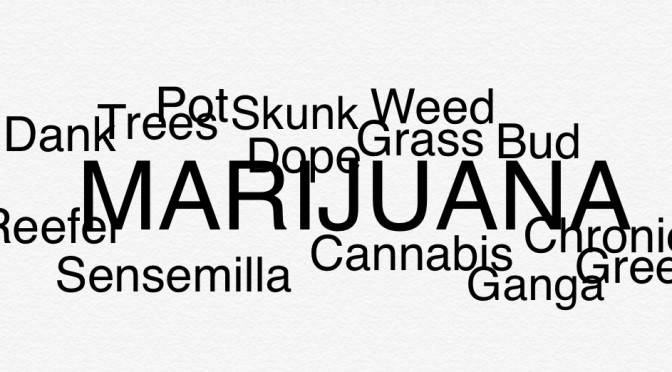Following in the footsteps of Colorado, Washington, Oregon, Alaska, and Nevada, proposition 64 was filed in California around November 2016 legalizing personal use and cultivation of Marijuana for adults 21 years of age or older in the state. This eliminated criminal consequences for marijuana possession by the State of California. Taking a big step in making this a reality yesterday, retail cannabis shops opened their doors to recreational users, and approximately 100 dispensary licenses were issued. It allows adults 21 years of age or older to possess, process, transport, purchase, obtain, plant, cultivate, harvest, dry, smoke, or ingest marijuana and cannabis products, with some exceptions of course. The law prohibits smoking in public places. It’s also considered driving while intoxicated to be under the influence of marijuana while operating a motor vehicle.
Why the debate over marijuana? From a psychology and physiology perspective the drug’s effects can be unclear. It’s hard to say that this drug is either good or bad; definitively saying this drug will cause you to be harmed, or this drug will help is extremely difficult. In a research article written by the National Institute of Health we see a variety of physiological effects, none of which absolutes. The article cites another article written in 2001 that includes some of the commonly associated physiological effects: euphoria, relaxation, and sedation. There has often been the Reefer Madness argument that Marijuana is this terrible drug that causes people to become crazy in a variety of ways, a highly exaggerated tale. The counterargument points to the fact that the physiological effects of marijuana are actually that of relaxation and sedation. You’ll also find that according to hospital emergency room visits across the country, no one has ever died as a direct result of marijuana. There appears to be no overdose risk from the drug.
From a different, real world perspective this drug is probably not going to be particularly helpful for a productive lifestyle. There are a number of drug effects that are very common for people who smoke marijuana. Its been shown that marijuana causes cognitive deficits including impairments in coordination, movement, learning, memory, and cognitive function. Having these impairments are likely to decrease your capabilities in the workplace. It’s also been associated with symptoms of mental illness. Most states and the federal government still outlaw the recreational use of the drug. In fact, the federal agency, the DEA lists the drug as a schedule 1, completely illegal drug.
Interestingly, there are two concepts in psychology research efficacy and effectiveness. These are terms used to describe research and their implications. Efficacy is whether or not this research produces viable results in a lab setting. Effectiveness is when the research produces viable results in the real world. Showing effective evidence that a drug does one thing or the other is far more complicated than simply measuring the physiological response of your participants in the lab after giving them THC. A variety of psychological constructs come into play when trying to determine what type of reaction someone will have to a stimulus in the real world. In psychology we study the individual because we feel that each human being is unique and will have unique responses. The psychological perspective would tell us that we don’t necessarily know how the individual will react to any particular stimulus at any given time.
Many people love the drug, others demonize and vilify the drug. There is certainly a real stigma associated with marijuana. It’s easy to get caught up on one side of this argument or the other. It’s not always easy to know what’s right. What appears to be happening is that society is beginning to sway toward a more lenient stance toward marijuana as reflected by many recent passages of various legalization legislation.
